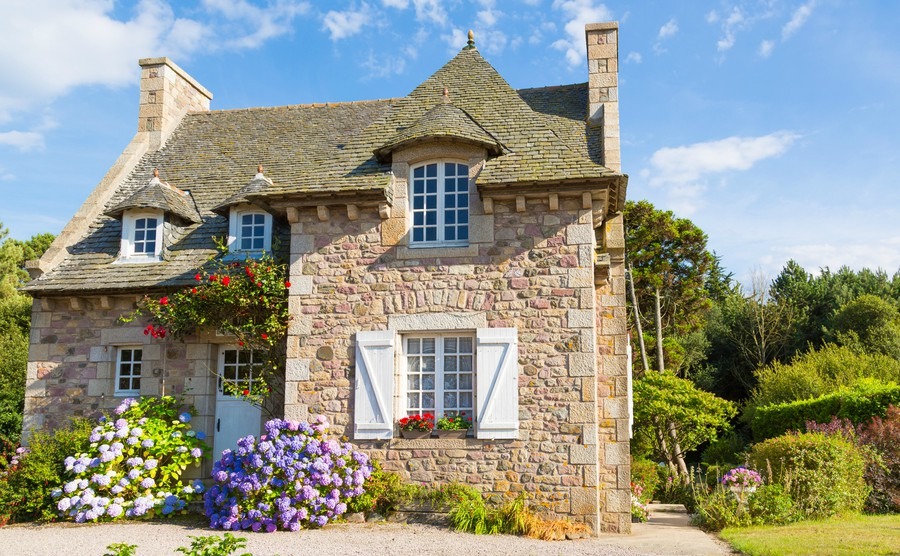The rental market in France was very buoyant until Covid struck, and will be again by mid-2021, hopefully. If you’re considering buying a second home you can let out when you’re not in residence, or perhaps you’re moving permanently and you’re looking for a property that comes with a gîte, now is a great time to start planning.
When you buy in France you will be buying in the most visited country on the planet. In 2019 nearly 90 million visitors came to see its sights. Therefore, in many areas of the country you can generate a good rental income, particularly if your property has well maintained outside space and even better, a pool. Read more here.
Get your free, no-obligation quote from our holiday home insurance partner.
In our area of France – the Languedoc Roussillon – a large house with garden and pool can command around €2,000 to €3,000 per week. Smaller character houses will still rent out for several hundred euros per week in the peak summer months.

Are you thinking about making some extra cash from your home in France?
For those nervous about getting into the rental business, the simplest option is to use a letting agency. Good agencies typically charge between 10% and 15% of the rental amount, for which they will:
- Draw up a tenancy agreement to be signed by both yourself and your tenants
- Help you declare all income on your rentals.
- Collect the deposit and will deal with any issues such as breakages and complaints.
- Clean the property and take care of weekly or fortnightly changeovers.
You can advertise your property in the UK and France through websites like Airbnb. You might also consider putting a notice up in your local mairie (town hall) or even create your own website. Once you have developed a good reputation from positive feedback from satisfied tenants, you will probably find you don’t need to advertise as much.
You can advertise your property in the UK and France through websites like Airbnb.
With so many rental properties to choose from, tenants will expect the property to be well equipped and spotlessly clean. Think about what you would expect from your holiday rental. It is also a good idea to leave relevant information on the local area, including interesting places to visit, shops, restaurants and bars. Making an extra effort will help you generate repeat business as people return to stay time after time and recommend your property to friends and family.
Read much more about holiday lettings in France some who did it, here.










